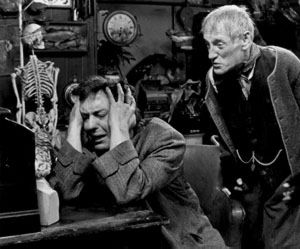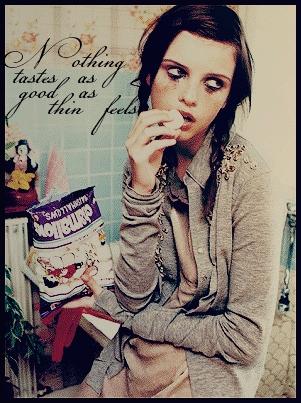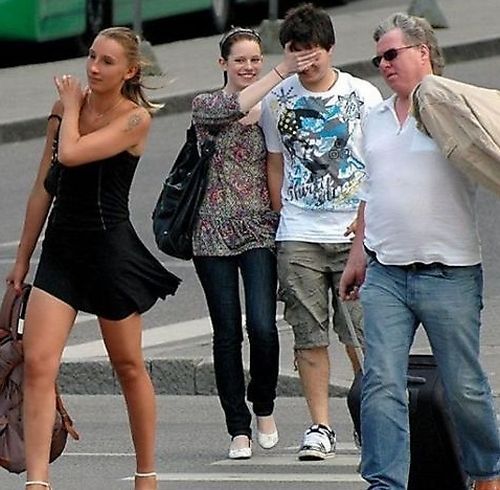Competing for the Parent ego state position
In some relationships the parties can compete for a particular ego state or position in the relationship.

Competing for the Parent ego state position is a power struggle for the powerful position in the relationship. This type of situation can often lead to the game of Uproar and often happens after about the first 2 or 3 years of marriage. The honeymoon period is over, they are beginning to realise that what they thought they could ‘train’ the spouse out of or into is not going to happen. So there can be a period of disharmony or uproar about who is going to ‘be in charge’ or who is really going to wear the pants in the relationship.
Such a couple tend to come to counselling because they are arguing about the big three - child management, money or sex. These are the three most common issues that couples will repetitively argue over. But the real reason is a power struggle for the top dog position, they are establishing the basis of the relationship for the next 20 or 30 years
Lots of “shoulds”, finger pointing, “you are...” statements, raised voices, “Ain’t men/women awful” games with their peers, and so on. In the extreme this type of relationship can lead to domestic violence as indeed all uproar games have the potential to do so. Of course the ego state that is missing is the Adult and hence we get to the cycle of violence. If they are interested in stopping the violence then they use their Adult ego states to become aware of the build up of tension and then to avoid that.

Nagging can also be a power play in a relationship
This can also occur counselling with the client. Typically it is the type of client who is used to being the one in charge in relationships. In the counselling setting they are definitely in the less powerful position when one is the client. The power difference between the client and the therapist is clear and obvious. If the challenge for power in the therapeutic relationship is to come from the Parent position then the client in some way will express anger at the therapist. The hope is that the therapist will be frightened or intimidated by this in some way. If that does happen then the therapist becomes in some ways the less powerful one in the relationship.
Working in a prison setting this type of transaction by the client is not uncommon at all. Prisoners not uncommonly will seek to establish them self as the psychologically dominant one in the relationship with the prison staff member, If achieved they can intimidate that person to do favours which they are not meant to do.
However in the everyday counselling setting this does occur from time to time. It is most important that the therapist does not get personally caught in and this can happen because people with power issues can be attracted to being a therapist. As I said before, the therapy setting is structured such that the therapist is the more powerful one in the relationship and hence people with power issues can be attracted to this kind of occupation.

Yes food and power can go together
If the power play from the client disturbs the therapist’s own Child ego state, then there is a problem indeed and counter transference issues can cause all sorts of problems. Of course the therapist is meant to personally stay out of the client’s power play and see that the client’s young inner child is just struggling with the personal resources it has. Don’t take it personally is the key.
With your average marital couple, anger is the most common emotion to used to obtain the power position, but it is not the only way. There is another way which is most often used by females. The woman has something the man wants and its called sex. So she communicates to him in some way “Do as I want or sexual favours will be withdrawn”. If couples are arguing over sex then a therapist would certainly be looking to see if there is a power play underneath the disharmony presented in counselling.

Competing for the Child position
In this instance both parties are wanting to take the Child position where they are taken care of by the other party. They do not want to do the looking after instead they want to be looked after.
Wife: “I had a terrible day today. The children cried, the dog vomited, I had a fight with my sister and I just feel worn down”
Husband: “You should have seen my day. The boss told me off, the car got bumped in the car park and I have so much work to do tonight. I am so tired”.

In this instance you do not tend to get uproar or shouting, rather you have two people who are tending to be passive and doing nothing. Maybe playing the psychological games of Helpless, Poor me, Yes but, I’m only trying to help, and so on. The resultant feelings are not likely to be anger (at least not openly), but more likely to be disappointment, frustration, sulking, sadness and depression.
Graffiti


0 comments:
Post a Comment